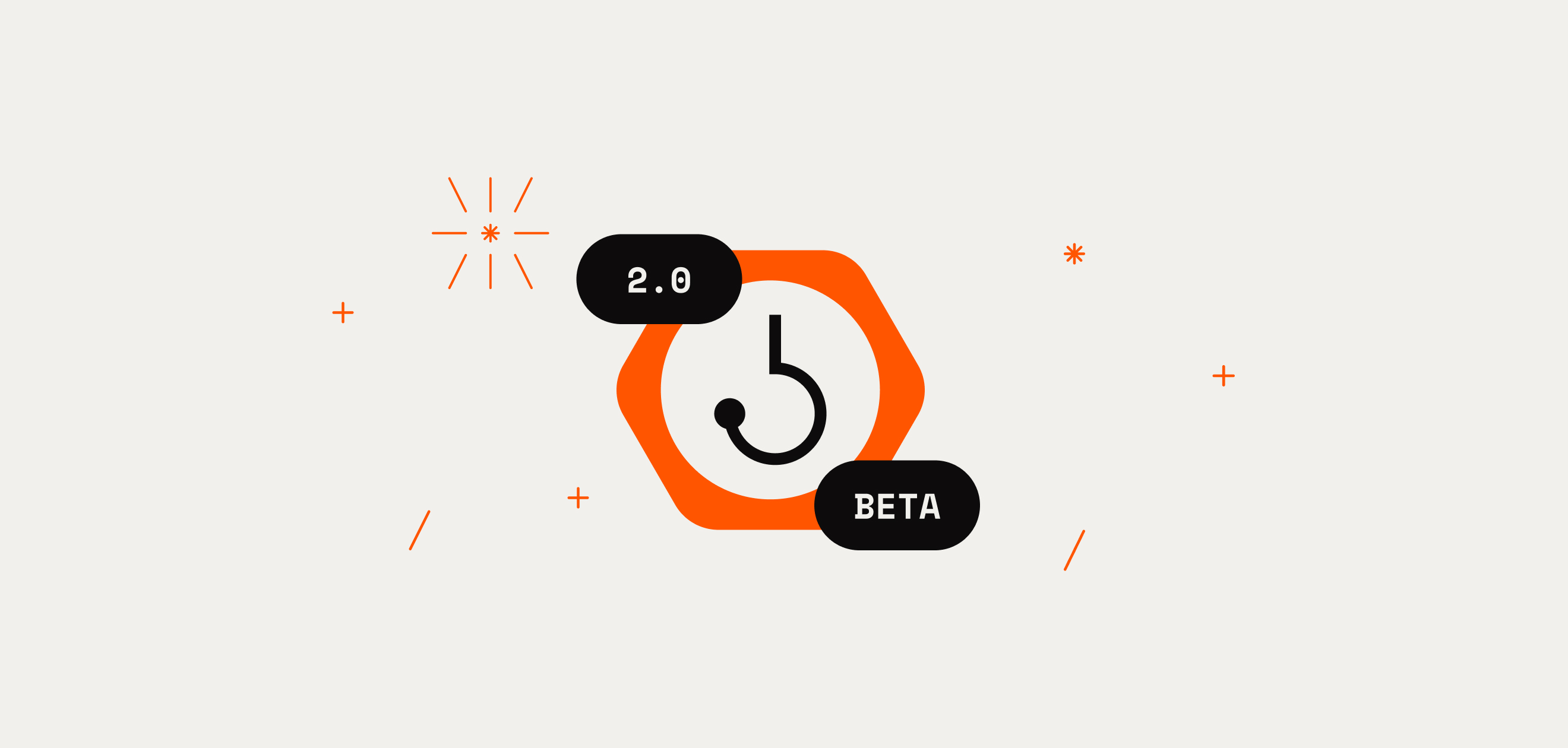From core protocol contributions all the way to the Hiro Platform in the cloud, let’s take a look at what we shipped in December and share some of our priorities in January:
Release Roundup
DevTools
Clarinet
- Clarinet now returns transaction cost in the Clarinet SDK’s transaction response. This is a helpful feature for transaction simulation, and you can now more easily estimate fees for various transaction types across different function calls, which is particularly useful when writing unit tests.
- We’ve also added Clarinet support for epoch 3.1, so you can test your contracts against the latest state of the Stacks blockchain with confidence.
- Lastly, we improved simnet’s datastore data structure for better performance. Previously, execution latency in simnet degraded exponentially as the number of transactions increased. With this change, the execution time stays roughly the same, even with millions of transactions. This performance boost will be especially useful in CI/CD use cases where devs want to run thousands of Clarinet tests for every change.
- See the latest version of Clarinet here.
API Services
Stacks Blockchain API
- As a result of the efficiency improvements from the Nakamoto upgrade, the fee estimation endpoint in the Stacks API often returns fee estimates that are too high. As we work on a more permanent solution to that issue, we’ve added an interim option to modify those endpoint returns and multiply cost estimates by a customizable variable (e.g. 0.5, 0.7, etc) to return more accurate estimates from this endpoint.
- Lastly, we shipped a bug fix to multisig transaction decoding, stabilizing our support for the recent multisig improvements on Stacks.
Token Metadata API
- We’ve improved performance of the Token Metadata API for very large mints by processing NFT and SFT mints in batches into SQL instead of individually. This ensures that API endpoints will more accurately return token data and holders in real time during periods of unusually high volume.
Blockchain
- In December, major upgrades launched on Stacks. sBTC launched on December 17th and maxed out its 1,000 BTC cap in just 3 days. The SIP-029 hardfork went live to align Bitcoin and Stacks emission schedule. And lastly, some critical performance improvements launched to improve the throughput of the Stacks network. In particular, Hiro engineers contributed to the public blockchain working group on this last effort in the month of December.
Stacks Explorer
- In December, we launched the sBTC page alongside sBTC’s launch, so you can track deposits, transfers, and the circulating supply.

Documentation
- We shipped a number of improvements to docs, including updating the styling for many components across docs. You might not notice the individual changes, but in aggregate they hopefully make the Hiro docs experience more pleasing to the eye.
- We also released updated documentation for Clarinet, which now uses Nakamoto config as the default, as well as updated content for the transaction package in Stacks.js.
Looking Ahead to January
Two of our December focus areas have carried over to the new year, and we hope to push these changes to production in January:
- Ship MVP of native fee estimation in Hiro’s Stacks API: Currently Hiro’s Stacks Blockchain API returns fee estimates from the Stacks node that are too high, which causes a pain point for builders and users alike. We’ve already rolled out a small mutation to improve this, which you can read about above, and we are getting closer to releasing an MVP of a native fee estimator in Hiro’s API that can provide estimates that are more in line with mempool behavior.
- Help you answer “why did my transaction fail?”: In a project that originally came from an internal Hiro hackathon, we are planning to add new messaging around transaction failures to the Stacks Explorer. With this release, users and developers can get a much clearer sense of why their transactions fail.
Alongside those areas, we are also working on shipping a new “cookbook” in Hiro docs that offers helpful code snippets that you can use directly in your application. We’re also working on some big improvements to Clarinet, including an opinionated Clarity formatter and the ability to use mainnet data in simnet, which is useful when building on top of oracles and other DeFi protocols.
As always, we will be shipping new features and upgrades outside of what’s listed here. Keep an eye out for new updates.
Learn More
For a full list of releases and improvements by product, please view the following links:







